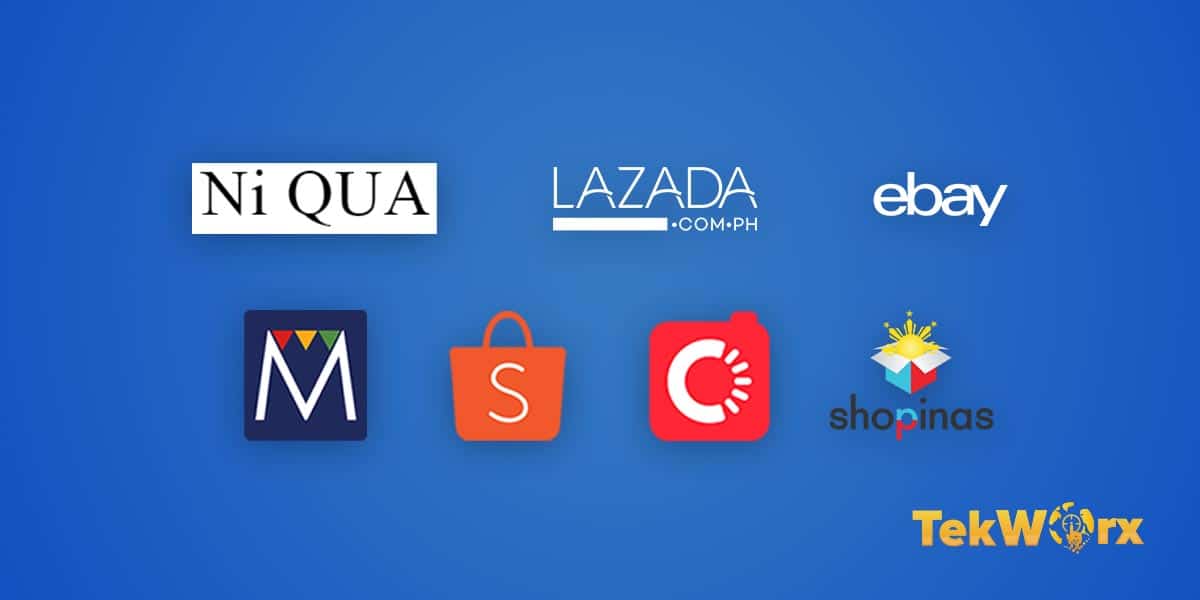Micro, small and medium-sized enterprises (MSMEs) comprises 99.5% of the total business establishments in the Philippines. In 2018, they contributed 35.7% to the gross domestic product (GDP) and generated 5.7 million jobs. An MSME is a business enterprise that has an asset of below P100 million, with an employee size of less than 200.
Due to the pandemic, many struggled to survive the economic dysphoria of lockdowns. There was an urgent need to adapt to the new norms. They had to modify the way they market goods. They had to learn to operate their services within the imposed physical limitations.
Sadly, with the failing economy, “luxury” items have fallen from favor among Filipino consumers. But the market for basic goods, sanitary supplies, medicines, vitamins, and food was brisk. Fortunately, the country’s growing connectivity has helped overcome the challenges of the enforced lockdowns.
With the implementation of community quarantine, consumer behavior changed, relying on online marketplaces to buy goods. More and more Filipinos rely on their mobile devices and computers to access the country’s e-commerce market.
Even with the lifting of some restrictions, physical distancing is still required. That is why going digital for MSMEs is no longer an option, but a must. Here are some of the more popular online marketplaces where MSMEs can sell their products:
Shopee Philippines
Shopee is one of the most popular mobile-first marketplaces, which offers a wide range of products from groceries to gadgets. It claims to provide the right tools to support their sellers. You can get more exposure for your products by participating in their campaigns and promotions. You can also use the Shopee Seller Centre to organize your products, track orders, manage customers, and measure shop performance. This platform is completely free with no commissions or download fees.
Lazada Philippines
Lazada offers many products to Filipinos, with three types of avenues for sellers to promote their items online. First is the Marketplace for individuals or corporate sellers with a 0% commission fee. The second is LazMall for registered brand owners or authorized distributors at 5% commission only when they sell. And third, is Lazada Fresh for fresh and frozen food products. Lazada pioneered cash on delivery for e-shopping in the Philippines.
Carousell
This platform was formerly known as OLX and Sulit.ph. Carousell is an eCommerce website that usually sells pre-loved goods like mobiles and electronics, car parts, appliances, clothes, books, and toys. This company also sells properties, bath, and beauty products, along with fashion items. It also has a jobs and services section where one can offer home cleaning, plumbing, or car repair services. This is ideal for MSMEs that deal in services, as opposed to goods.
eBay Philippines
This eCommerce website sells a wide range of products, from electronics to musical instruments. Customers can either bid on items of interest or instantly buy items. Here, MSMEs can buy and sell nationally or globally. This online portal also offers brand new and brand named items alongside hard to find and rare collectibles. eBay has a Security Center to ensure a safe buying experience. It also has a Resolution Center where members can communicate with each other when there’s a problem with a certain transaction.
NiQUA
This eCommerce site is based in Marikina, Philippines. It specializes in quality leather bags and accessories, carefully crafted by Marikina artisans. They also accept made to order products for clients who want to create their own style. NiQUA combines style with functionality, showcasing Filipino high-grade leather goods. It is possible for MSMEs with similar products to tie-up with them since they source their materials locally. As a matter of fact, 95% of their raw materials are Philippine-made.
Marketa Philippines
Marketa is a lifestyle managed marketplace platform. They promote local micro, small, and medium enterprises, helping them to build their online brand. The company is committed to increasing its merchants’ reach and revenue through eCommerce. Marketa provides all their merchants with their own website, helps facilitate orders, collect payments from customers in advance, and provides the correct technology algorithm to optimize your pictures for website and mobile viewing. Best of all, it is free to join.
Shopinas
This online marketplace specializes in local products, from food, health, fashion, souvenirs, toys, and baby products. Shopinas encourages Pinoy MSMEs to join their company. They also feature advocacy stories, particularly Filipino-made products on their website. This eCommerce site prides itself on being eco-friendly and health-conscious, offering minimally processed and organic items in their mall. They call their customers “MakaBUYans” and treat their merchants as partners. Sign-up with them to start selling your products.
The Filipino has the well-deserved reputation of being a survivor. With the growing trend of online shopping, this will hopefully negate some of the country’s economic losses due to the Covid-19 outbreak.
Going digital is definitely the answer to the consuming public’s adaptation to the new normal. It is expected that in 2021, more and more Filipinos will value the convenience of online marketplaces. This is why savvy MSMEs should go digital and take advantage of established online marketplaces to salvage and propel their businesses online.







Why not include bultuhan.com – its a also a marketplace… a homegrown one at that. For wholesale buying.